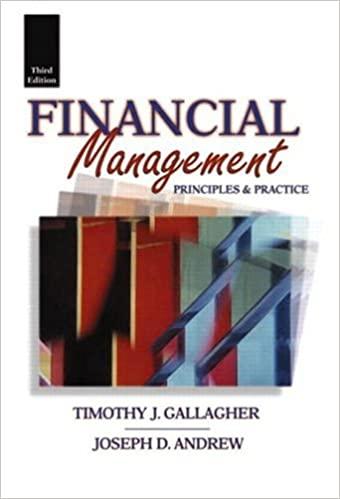Mc Donald is a global fast-food chain with 36,889 restaurants worldwide and global sales of US$95 billion in 2016. Mc Donald's is one of the most successful companies, with stock values increasing steadily to all-time high over US$150 in June 2017. A new low-price menu, Big Mac, and all-day breakfast have helped a lot. However, McDonald's is always concerned by challenges by its competitors. Ray Kroc, the founder of McDonald's, chose as his founding strategy to produce a restaurant that would focus on high quality and consistency in all of its locations. He developed the concept into a widely-known pledge: "Quality, Service, Cleanliness, and Value." By reinforcing this pledge in training and evaluations throughout the company, he was able to achieve the success that McDonald's enjoys today. "If I had a brick for every time I've repeated the phrase Quality, Service, Cleanliness and Value, I think I'd probably be able to bridge the Atlantic Ocean with them."-Ray Kroc McDonald's 2016 annual report states that the company works to mitigate the risk of foreign exchange exposure: "A significant part of the Company's operating income is generated outside the U.S., and about 35% of its total debt is denominated in foreign currencies. Accordingly, earnings are affected by changes in foreign currency exchange rates, particularly the Euro, British Pound, Australian Dollar and Canadian Dollar. Collectively, these currencies represent approximately 70% of the Company's operating income outside the U.S. If all four of these currencies moved by 10% in the same direction, the Company's annual diluted earnings per share would change by about 25 cents." McDonald's works to reduce the effect of currency fluctuation by purchasing goods and services in local currencies, financing in local currencies, and hedging certain foreign currency-denominated cash flows. Nevertheless, there was a 692m loss in 2016 (15% of net income) due to the weakening of the British Pound following Brexit in June 2016 (Source: McDonald's 2016 annual report). The effect of Brexit (the vote in the U.K. in June 2016 to leave the European Union) has complicated the picture of foreign exchange for global companies such as McDonalds. McDonald's 2016 Annual Report states: For example, as a result of the U.K.'s decision to leave the European Union through a negotiated exit over a period of time, it is possible that there will be increased regulatory complexities, as well as potential referenda in the U.K. and/or other European countries, that could cause uncertainty in European or worldwide economic conditions. In the short term, the decision created volatility in certain foreign currency exchange rates, and the resulting depression in those exchange rates may continue." Source: Annie Gasparro, McDonald's, Wendy's in Price Fight, The Wall Street Journal, May 9, 2013, p B3, and McDonald's 2016 Annual Report. Required: a) Briefly explain Mc Donald's competitive strategies in the context of Malaysia. (4 marks) b) Would Mc Donald's benefit from the use of Balanced Scorecard? Justify your answer. (5 marks) c) Explain how changes in currency will affect the company. (2 marks)









